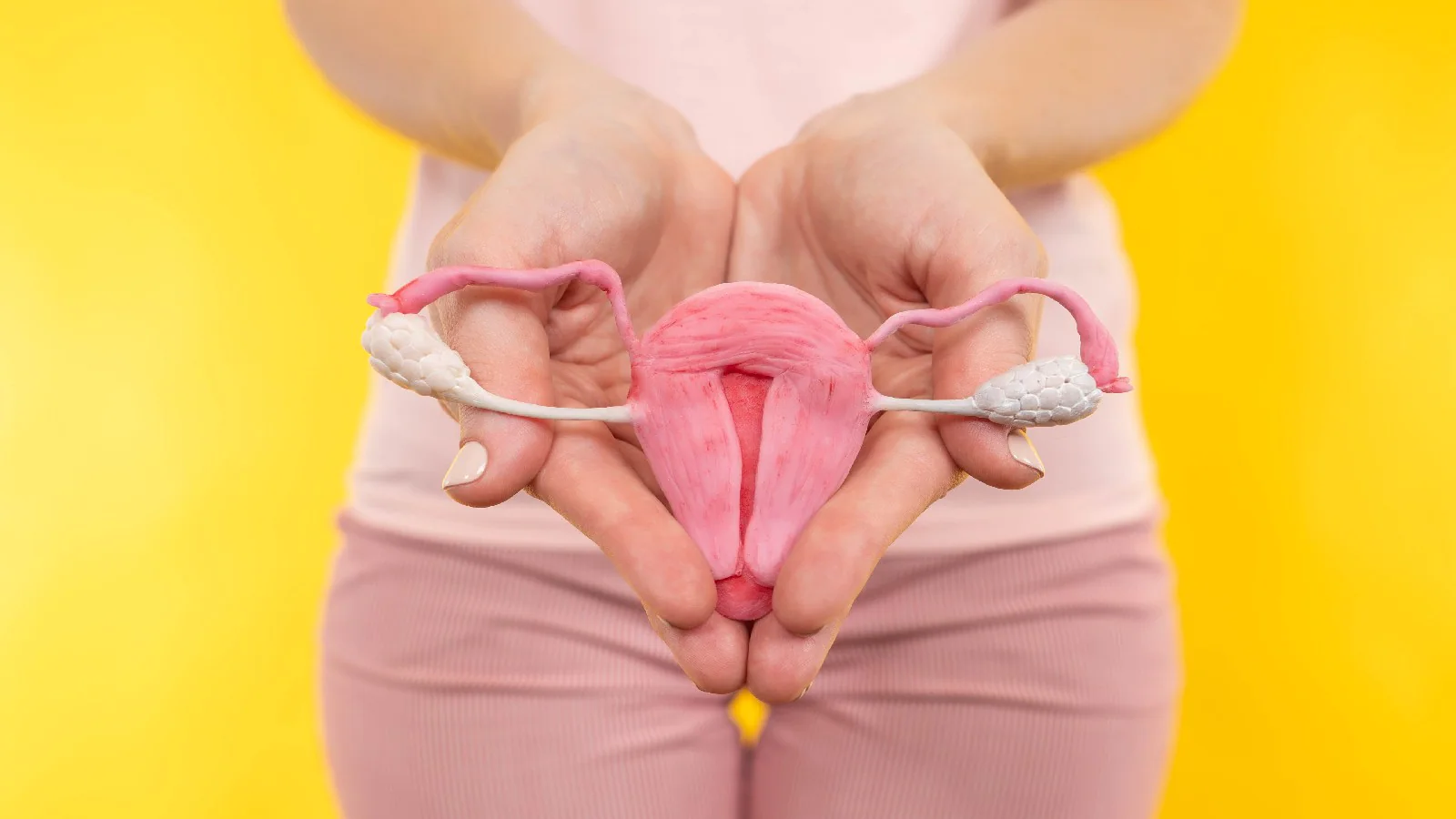Changes in lifestyle, routine checkups, and other preventative measures are all part of caring for women’s reproductive health. Here are a few methods to achieve it.
Human reproductive health is crucial because it can impact a person’s physical, mental, emotional, and social well-being. India has a high rate of unprotected sex, with up to 72% of sexually active young people nationwide engaging in unprotected sex with new partners. According to estimates, at least 40% of Indian teenagers claim to have experienced difficulties getting the contraceptives they required.
A mix of lifestyle adjustments, routine check-ups with a healthcare professional, and other preventative actions are required to take care of women’s reproductive health. CK Birla Hospital’s Director of Obstetrics and Gynaecology, Dr Deepika Aggarwal, offered the following suggestions for protecting women’s reproductive health:

Safe sex
Use condoms or other birth control methods to avoid unwanted pregnancy and sexually transmitted diseases.
Obtain routine screenings
Regular gynaecological examinations, such as mammograms, Pap tests, and HPV testing, can help identify any anomalies early on and increase the likelihood of a full recovery.
Adopt a healthy lifestyle
Eating a balanced diet, exercising frequently, and managing stress can all help you stay healthy overall and lower your chance of experiencing issues with your reproductive system.
Address any discomfort or soreness
Any kind of pain, discomfort, or unexpected discharge has to be discussed right away with a medical professional.
Limit your drinking and smoking
Smoking and binge drinking can both harm reproductive health and raise the chance of developing certain malignancies.
Learn about your ancestry
Making educated decisions regarding screening and prevention can benefit you and your healthcare provider, especially if you are aware of your family’s history of reproductive health issues.
Maintain your immunization records
Getting immunized against certain infections, like HPV, can help prevent issues with reproductive health.
Think about alternate menstrual supplies
Cloth pads or menstrual cups are more pleasant than conventional disposable items and are better for the environment.
Seek assistance
Any challenges or worries about reproductive health may be managed by seeking out support from friends, family, or a medical professional.
There are several illusions about women’s reproductive health, particularly in rural regions of the nation, according to Pratibha Pandey, Senior Health Specialist at ChildFund India. These beliefs are founded on superstition, ignorance of science, stigma, and prejudice against women. In my experience, I have seen that women are held exclusively accountable for infertility among couples and that infertile women face rejection from their families. Men are actually just as likely as women to be infertile, though.
“Indicators for maternal and child health are litmus tests for evaluating health systems and human development,” noted Asha Jyoti, Policy and Advocacy Catalyst at Swasti. The objective for maternal mortality under the Sustainable Development Goals (SDG) is 70 deaths per 100,000 live births, yet states like Arunachal Pradesh and Manipur record a ratio of over 280. India is second only to Nigeria (19%) in the global contribution to maternal fatalities with up to 15%. Climate change is wreaking havoc on our world, and an El Nio-caused drought warning has been issued for the next Kharif season in India. A degree of higher temperature before delivery increases stillbirth risk by 6%.
“Heat waves increase the number of pregnant women who present with dehydration, malnutrition, anaemia, preterm birth, and complications like high foetal heart rate (referred to as foetal strain),” she said. In addition, to heat itself, air pollution can result in premature delivery and low birth weight. In such a situation, there is a greater likelihood of mental health problems as well as an increase in aggression and insecurity. A new or expectant mother faces a wide range of health and wellness challenges, therefore it is crucial to provide sustainable cooling solutions, basic but essential nutrients like zinc and iron, non-polluting cooking fuels, and flexible ways of counselling and screening.

